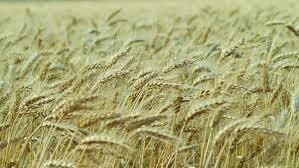Grains industry, along with many others, has been highly impacted by the sudden increase in the NTMs (non-tariff measures) while the tariffs have considerably reduced because of the expansion in the free trade agreements (FTAs).
These Non-Tariff Measures describe the regulatory tools and the policy measures, other than the custom ones, and are capable of the potential to be able to affect the international trade in the goods market.
Pat O’Shannassy, Grain Trade Chief Executive officer of Australia, said at many occasions that NTMs are the legitimate technical requirements that are used in order to protect the consumers and also the environment, but when they are not in line with the international standards or are unjustified, and act only to protect the domestic industries, at those times they instead act as barriers to the international trade.
DAWE (the Department of Agriculture Water and the Environment) in the state of Australia, currently working with the Grain Trade of Australia (GTA), recently developed the project to bring the government and the industry of Australia, together, in order to identify the NTMs that are affecting the grain trade in the APEC (Asia Pacific Economic Co-operation) region, for both the exporting and the importing economies.
Marion Healy. Biosecurity Plant Division assistant secretary of DAWE expressing his views on the current matter said that bringing both the government of Australia and the industry together, so in order to discuss the differences in the regulatory approaches of the APEC region, and discussing how to ensure a consistent approach to the introduced NTMs, will provide Australia with the opportunity to be able to create long-term benefits, not just for itself, but for all the economies that are involved in the grain trade.
He said that the benefits could include faster border clearance, reduced costs, confidence in the system of food safety, technical support for the developing economies, the building capacity and lastly greater integration and also facilitation of grain trade in APEC region.


